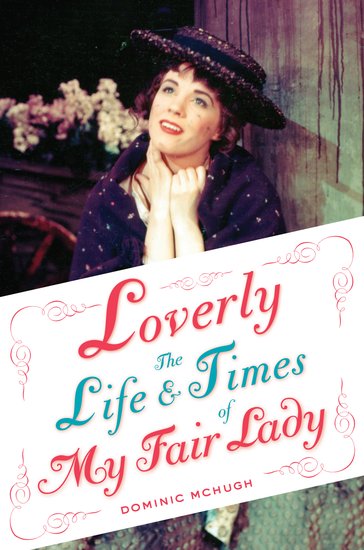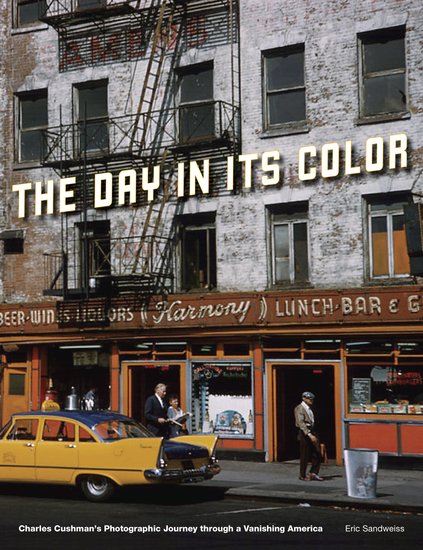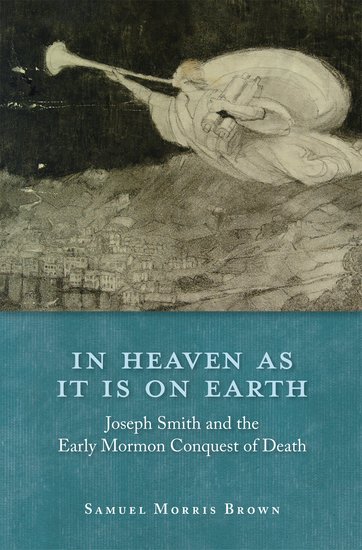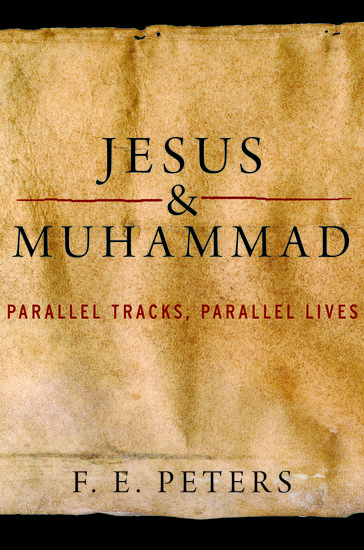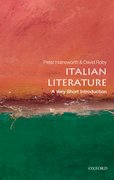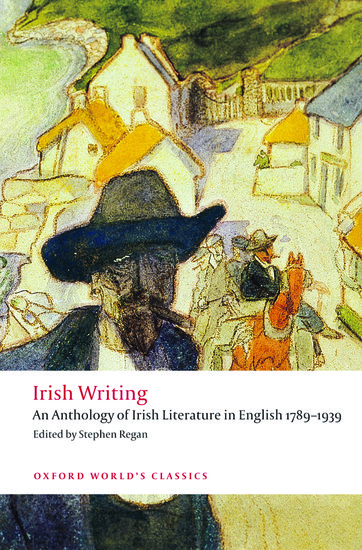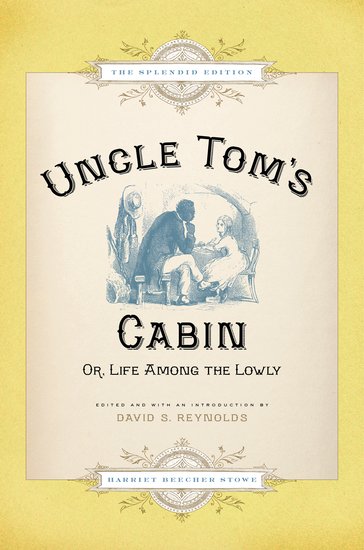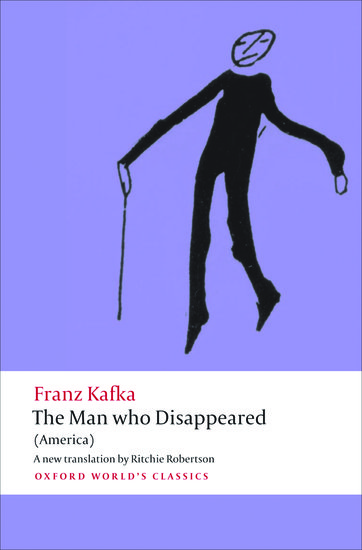Europe in Spite of Itself
By Philip V. Bohlman
For Rambo Amadeus, Montenegro’s entry in the 2012 Eurovision Song Contest (ESC), Europe’s annual spectacle of musical nationalism was over the moment it began. Randomly placed as the opening number in the first semi-final evening on 22 May, Rambo won only disdain from the millions of Eurovision fans who follow the build-up to Eurovision week. For Eurovision’s loyal minions Rambo did everything wrong: A bit portly, with unkempt hair and a poorly-fitting tuxedo, he rapped coarsely, unapologetically attacking the European financial crisis head-on.


